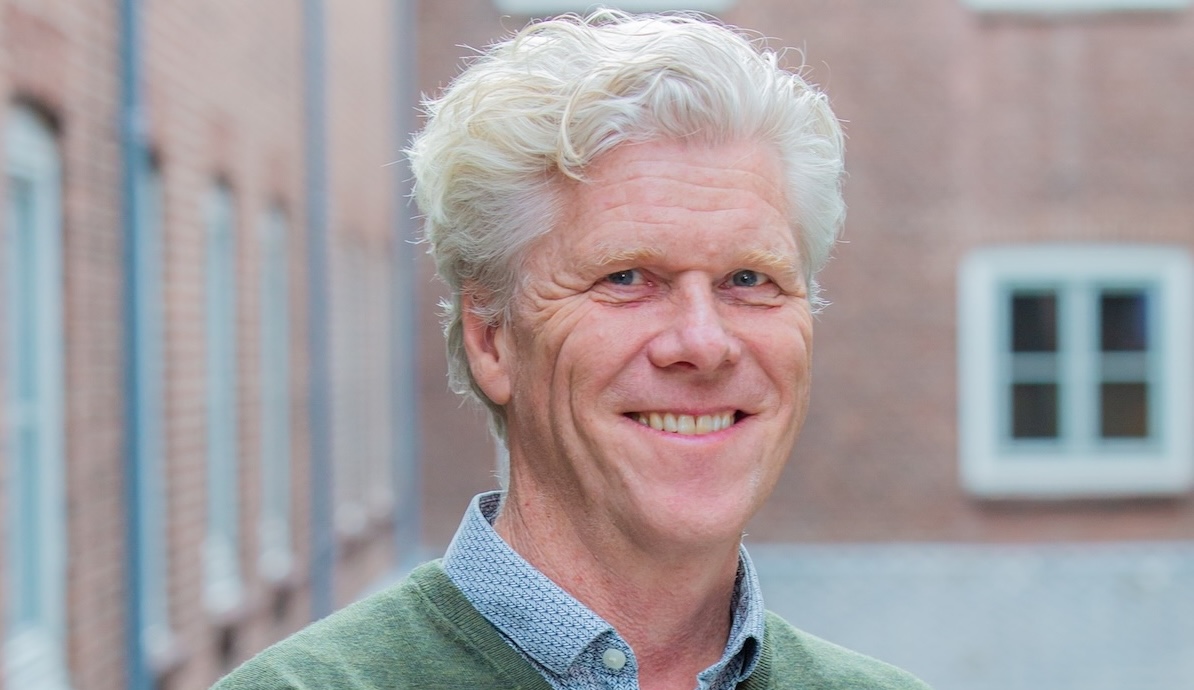Summer of the Paradox
It was another remarkable summer. Climate records were once again broken. In the Netherlands, it has been dry and warm for months. And in June 2025, partly due to the good weather, 16.7 million overnight stays were booked in the country—an increase of 2.5 million compared to the previous year.
The paradox of tourism and recreation in a nutshell. The central theme of the World Leisure Congress, organized by Breda University of Applied Sciences (BUas) at the end of August, was “Leisure for a Better Society.” In the Dutch Constitution, the right to leisure is explicitly enshrined in Article 24. We know that leisure has a positive impact on society. We crave it, we need it. At the same time, our sector is also facing the limits of how we produce and consume tourism and leisure. Some scientists have calculated that the costs of climate impacts will rise so significantly that we may be nearing the end of the age of mass tourism.
During the Industry Day, organized by CELTH at the heart of the World Leisure Congress, it became clear that the unstoppable growth of global tourism and the pursuit of instant leisure experiences are pushing companies to innovate with AI and digital solutions. However, we are increasingly seeing the risks of this development: the disappearance of live and personal contact between people, extreme individualism, and the loss of mutual respect.
At the same time, it also became clear that this is precisely the strength of our sector: inspiring, exciting, unfamiliar, surprising, and extraordinary experiences between people and cultures in their environments. People who engage in sports, visit museums, explore national parks or attend dance events, or finally reunite with family on the other side of the world—residents and guests from different (sub)cultures come together.
This ultimate positive power of our sector is often forgotten and is more important and valuable than ever in today’s world. A counterbalance to instant happiness. Jeroen van Glabbeek from CM.com shared during Industry Day that his children don’t see a phone because it’s more addictive than alcohol or smoking. Yvonne Nassar from NBTC referred to the unique power of our sector to offer solutions to complex issues such as inequality, mutual respect, and safeguarding inclusivity.
At CELTH, we develop methods and knowledge that make the ‘soft power’ of tourism and recreation visible. We are increasingly realizing that it’s not just about jobs or revenue—important as they are. It’s about happiness, less loneliness, more safety, and a sense of togetherness. And we know that our sector can make a significant contribution to that.
Jos van der Sterren
Director, CELTH



